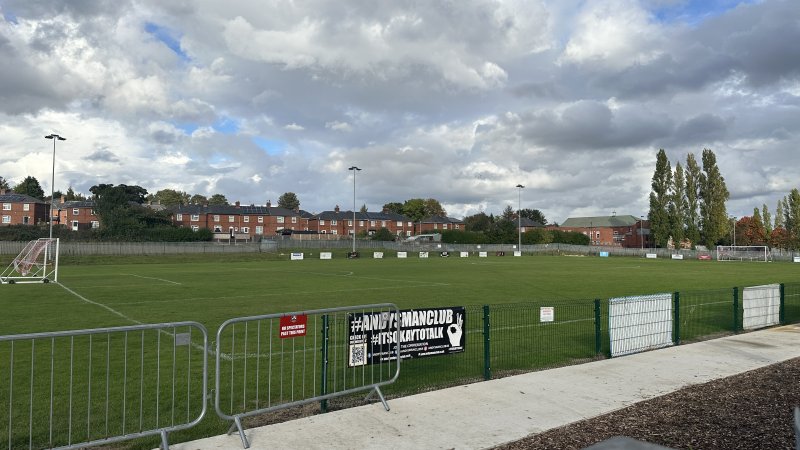HOUSING benefits are insufficient for more than 60 per cent of households with children in Barnsley living in private rental accommodation, the latest figures show.
Research by the Institute for Public Policy Research found welfare reforms, rising numbers of children in the private rented sector and a lack of investment in social housing have led to increasing child poverty.
The rate of Local Housing Allowance is determined by the Department for Work and Pensions and is based on private market rents in the local area.
It is paid to tenants renting from private landlords in receipt of Universal Credit or housing benefit, to help support the cost of their home.
However, the IPPR said cuts and freezes made to LHA rates over recent years have made at least two-fifths of private rental properties across the UK unaffordable and has led to an increase in child poverty.
Its analysis shows around 61 per cent of the 4,218 households in Barnsley receiving some form of housing benefit with at least one child would not have their full rent covered by the LHA.
Nationally, the IPPR said there are now an estimated 440,000 households with children whose housing support no longer covers the costs of their rent.
As the government has not committed to raising LHA rates in April, 90,000 more families are expected to be affected by March 2026.
This would leave an estimated 925,000 children living in households which have a shortfall in rent.
To prevent this, the think tank has called on the government to remove the benefit cap and begin constructing new social homes.
Henry Parkes, principal economist at the IPPR and author of the report, said: “A safe, secure, and affordable home should be the foundation for every child’s future.
“Instead, too many families are trapped in a cycle of poverty and instability caused by unaffordable rents and insecure tenancies.
“Housing reform isn’t just a moral imperative it’s an economic necessity.”
The IPPR also identified what it called a ‘concerning postcode lottery’ with LHA rates.
A government spokesperson said: “No person should be in poverty that’s why we’ve extended the Household Support Fund again, are maintaining Discretionary Housing Payments and are giving an extra £233m to councils directly for homelessness, including the largest-ever investment in prevention services, taking the total to nearly £1bn for 2025/26.
“Alongside this, we are uprating benefits and the State Pension, increasing the National Living Wage and helping over one million households by introducing a Fair Repayment Rate on Universal Credit deductions, while our Child Poverty Taskforce develops an ambitious strategy to give all children the best start in life.”



























